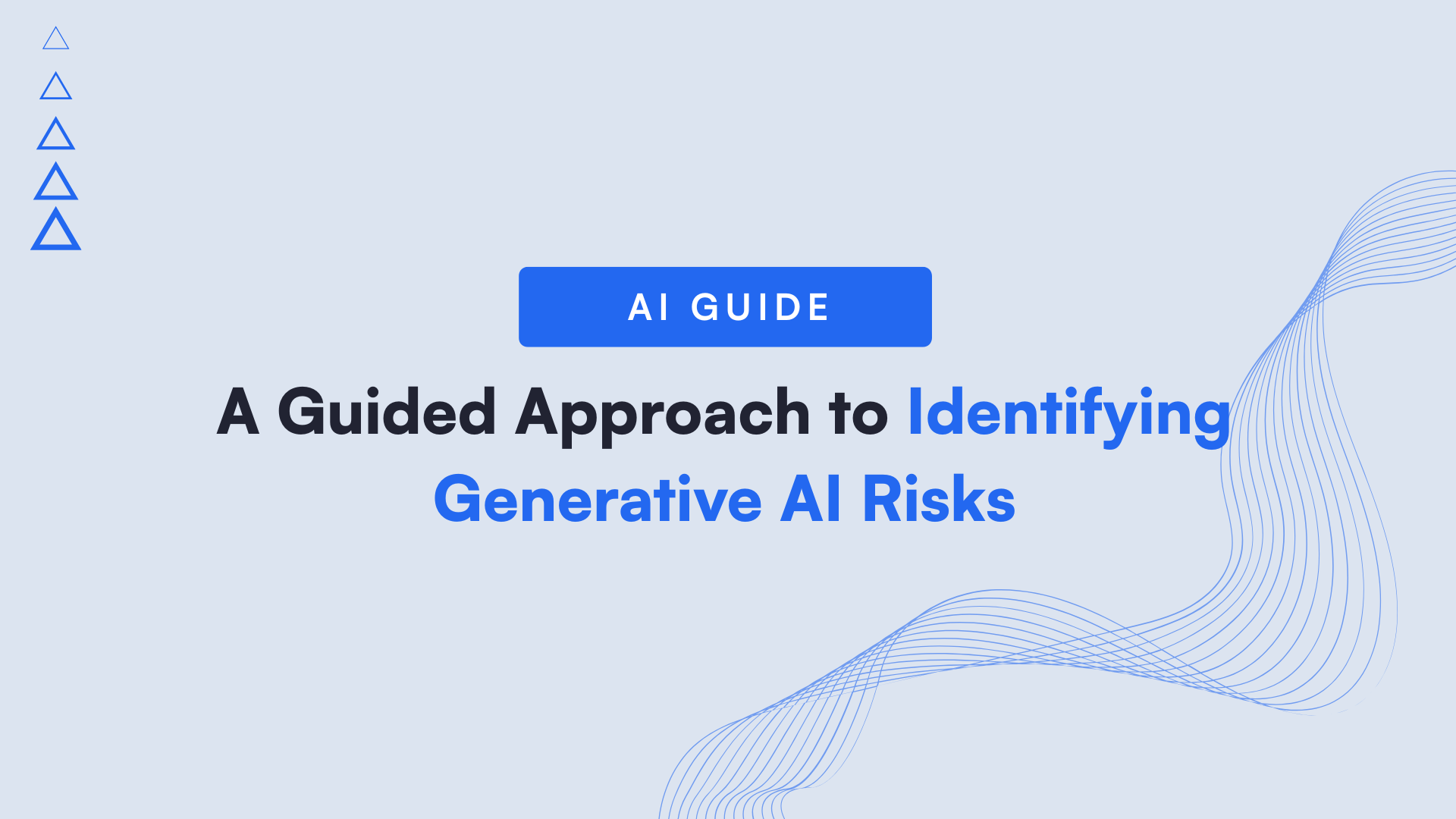Generative AI has unleashed a torrent of new content onto the digital sphere, blurring the lines between human creation and algorithmic conjuring. While this offers exciting possibilities, it also necessitates a critical skill for navigating the modern internet: the ability to discern the authentic from the synthetic. Consider this your essential toolkit for becoming a savvy detector of AI-generated fakery.
The telltale signs of AI-generated text, while increasingly subtle, often lie in a certain too-perfect quality. Look for:
- Unnatural Fluency: AI can sometimes produce text that is grammatically flawless but lacks the subtle nuances, colloquialisms, and occasional imperfections of human writing. Be wary of prose that feels overly polished or lacks a distinct voice.
- Repetitive Phrasing or Ideas: While AI strives for variety, it can sometimes fall into patterns or reiterate points in slightly different ways without adding significant new information.
- Factual Inaccuracies Presented Confidently: AI language models can hallucinate facts and present them with unwavering conviction. Always cross-reference information with trusted sources.
- Sudden Shifts in Tone or Style: If a longer piece of text abruptly changes its writing style or level of formality, it could indicate the stitching together of AI-generated segments.
When it comes to images and videos, Generative AI still often leaves digital fingerprints for the discerning eye:
- Anomalous Details: Look closely at intricate elements like hands, teeth, and hair. AI often struggles with these, producing distorted or unusually smooth results.
- Weird Lighting or Shadows: Inconsistencies in how light interacts with objects and subjects can be a giveaway. Shadows might appear unnatural or cast in illogical directions.
- Unnatural Textures or Blurring: AI-generated images can sometimes exhibit an overly smooth or painterly quality, lacking the fine details of real-world textures. Blurring around the edges of subjects can also be a sign of manipulation.
- Inconsistent Reflections: Pay attention to reflections in eyes, surfaces, or water. AI-generated reflections can sometimes appear distorted or illogical.
- Temporal Inconsistencies in Video: Watch for unnatural movements, jerky transitions, or a lack of subtle micro-expressions in deepfakes. Pay close attention to the mouth and eyes, which can sometimes betray synthetic creation.
Audio deepfakes are also becoming increasingly sophisticated, but subtle clues can still exist:
- Monotonous Intonation: AI-generated speech might lack the natural variations in pitch and emotion that characterise human voices.
- Unnatural Pauses or Cadence: The rhythm and flow of AI-generated speech can sometimes sound slightly off or contain awkward pauses.
- Absence of Background Noise: While not always the case, overly clean audio without natural ambient sounds could be a sign of synthetic creation.
Your Digital Self-Defence Strategy:
- Cultivate a Healthy Dose of Skepticism: Approach all online content with a critical eye, especially if it seems too good to be true or evokes strong emotions.
- Verify, Verify, Verify: Cross-reference information with multiple reputable sources before accepting it as fact or sharing it.
- Utilise Reverse Image Search: Tools like Google Image Search can help you see if an image has appeared elsewhere online, potentially revealing it as a fake or manipulated image.
- Stay Informed About AI Detection Tools: The tech world is actively developing tools to identify AI-generated content. Keep an eye out for these emerging technologies.
In the age of increasingly sophisticated Generative AI, media literacy is no longer optional – it is a fundamental survival skill in the digital ecosystem. By arming yourself with these detection techniques, you can become a more informed and resilient consumer of online information, effectively navigating the ever-blurring lines between reality and the synthetic. The future of truth in the digital realm depends on your vigilance.



.png)









.png)

.png)
